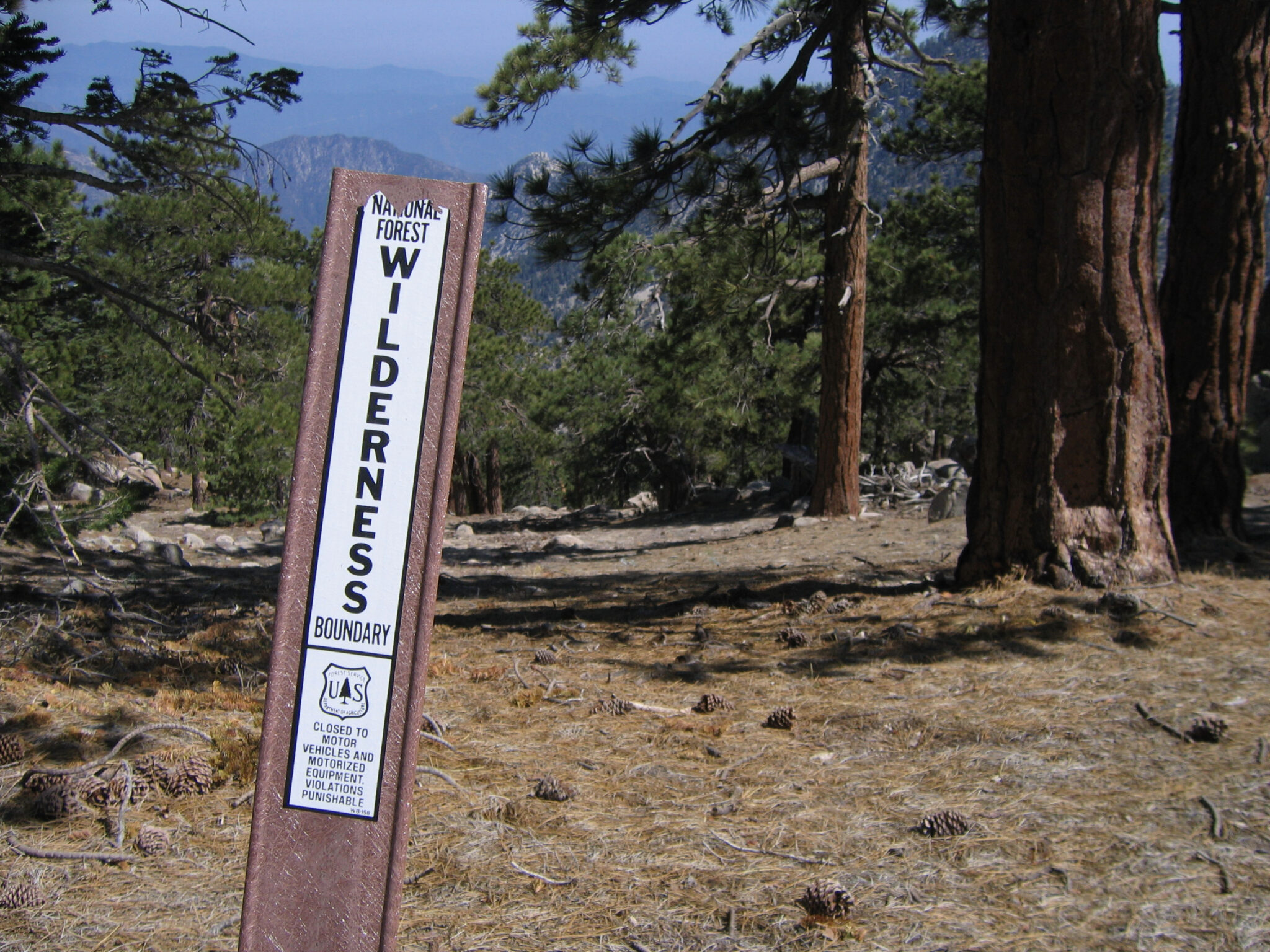The regularity with which the national debt limit is extended is nothing new. Despite how it’s used as a political football by the congressional GOP from time to time – generally when a Democrat holds the White House – it’s not a terribly compelling topic. Since 1917, the “ceiling” of the debt limit has been periodically extended by Congress to determine how much money the U.S. government can borrow to give the Department of the Treasury flexibility in issuing debt.
While there are legitimate and appropriate questions about how much money our government should borrow, determining the debt ceiling shouldn’t be controversial or raised to the level of a national crisis in a bicameral system like Congress in which both parties are supposed to govern in good faith. That is, “supposed to.”
Unfortunately, when you’re as out of ideas as today’s Republican Party, which has lost its patience for actual governance and seems to rely on culture war histrionics, prejudice and sedition to remain relevant to voters feeding on misinformation, conspiracy theories and unscrupulous media, political hostage-taking becomes an attractive option.
In fact, this tactic has by now become a predictable benchmark of the national GOP’s modus operandi of exacting unwarranted concessions when they’re controlling one or both houses of Congress. It’s their act, and they’re sticking with it. But playing reckless brinkmanship with the nation’s economic standing and people’s money is no laughing matter.
In pulling their disruptor option, Republicans demonstrate how little interest they have in workable policy. But they also know there are a fair number of developer-friendly Democrats willing to play ball to help negotiate away long-term and otherwise effective regulatory policies in the interests of resolving said “crisis,” no matter how manufactured it may be, to the benefit of their donors. And as we’ve seen in the post-Citizens United landscape, Democrats are willing to throw the environment under the bus, if not out the window, when the rubber meets the road.
In an era in which unlimited funds regularly swell political action committees in support of candidates, it may come as no surprise that entities whose currency is clean air, clean water or biodiverse habitats and open space don’t stand a chance against the influence of hundreds of millions of dollars. And since Democrats can now pull reliable majorities in most cities and urban centers, why bother dwelling on the environment when developers, utilities and other entities can simply greenwash issues and provide more money for political coffers, PACs and slush funds.
Sadly, it appears President Biden and congressional Democrats are about to weaken, or simply gut, several long-standing environmental pillars in order to make this current debt ceiling crisis go away. Using buzzwords like “reform” and “streamline,” several Democratic congressional representatives, including one from San Diego County, have long been angling to marginalize the landmark National Environmental Policy Act (NEPA). Don’t be fooled.
Signed into law months after the 1969 Santa Barbara oil spill and a fire that burned for several days along the then-notoriously polluted Cuyahoga River, NEPA was established in part to ensure transparency and public participation in federal environmental decisions, and to ensure scientific evidence is the paramount consideration for project approvals.
The ability for the public to access federal project information, whether for a dam or a clearcut, in order to be engaged in the process and comment on it remains critical. Weakening the level playing field and due process NEPA provides the public and science in the name of short-term building expediency would be a gross undoing of our nation’s environmental protection apparatus.
Similarly, portions of the Endangered Species Act (ESA), signed into law in 1973, also appear to be on the debt ceiling chopping block. This is already dangerous given a bill introduced by Senator Steve Daines (R–Montana) that would exempt the U.S. Forest Service from its requirement to reassess and strengthen land-management plans after a threatened or endangered species is listed under the ESA, or critical habitat is designated in a National Forest.
Even worse, a bill currently in circulation with the cynical name of the Save Our Sequoias Act is simply a logging bill masquerading as fire suppression that would undercut environmental laws like NEPA and the ESA to allow an unregulated and astroturfed organization to supersede Forest Service and National Park Service management of Sequoias and their forest habitats and ecosystems. You really have to live in a vacuum to believe this approach to conservation is acceptable. But don’t take my word for it – over 80 environmental groups have already spoken out against this destructive plan.
We love our Sequoias, and we reject the false premise and false choice the Save Our Sequoias Act promotes. We don’t need to destroy our Sierra forest habitats to protect Sequoias when the reality is we have a climate change problem, not a forest problem.
In the midst of an extinction crisis the likes of which the world hasn’t seen in centuries, driven in no small part by the impact of humans, deforestation, overdevelopment and our resulting warming climate, it is an abomination to weaken the rules by which the very survival of human-impacted endangered or threatened species may hinge. These existing environmental rules and regulations didn’t fall out of the clear blue sky – the public demanded them for good reason. We need them retained in name and in full, entire capability.
Now, let’s be clear. I support President Biden. I’m glad he’s in the White House. But the president gets schizophrenic advice on the environment. As much as we applaud newly-established National Monuments under Biden’s watch and the welcome inventory of old-growth and mature forests on federal lands – a fine companion to the 2001 Roadless Rule – the administration has recently green-lighted the notorious Willow oil exploration project on Alaska’s North Slope, the construction of a natural gas pipeline across hundreds of miles of the Jefferson National Forest in Virginia and West Virginia, and has failed to return American Gray Wolves to the list of federally-protected endangered species.
Some of our nation’s best, most effective environmental policies are at stake. If we lose NEPA or the Endangered Species Act we may then have to defend the 1964 Wilderness Act in the years and months to come. That sacrosanct policy, itself developed after years of advocacy and tireless citizen efforts, is already being threatened by H.R. 1380 that would allow permanent fixed anchors for rock climbing in areas preserved under the National Wilderness Preservation System. The use and maintenance of fixed anchors in designated Wilderness is, and always has been, prohibited by the act’s ban on “installations” or any human activity that is not “substantially unnoticeable.”
The president and congressional Democrats would do well not to take the bait dangled by Republicans, and some within their own party, to resolve Speaker Kevin McCarthy’s crisis of convenience by desecrating the mechanics of ensuring our nation’s environmental legacy – especially to satisfy the whims of wealthy polluters and resource extractors who have been eager to overturn our bedrock conservation policies for decades.

Forest of Nisene Marks State Park photo © 2018 Tommy Hough, all rights reserved.
San Gabriel Wilderness photo © 2009 Tommy Hough, all rights reserved.

